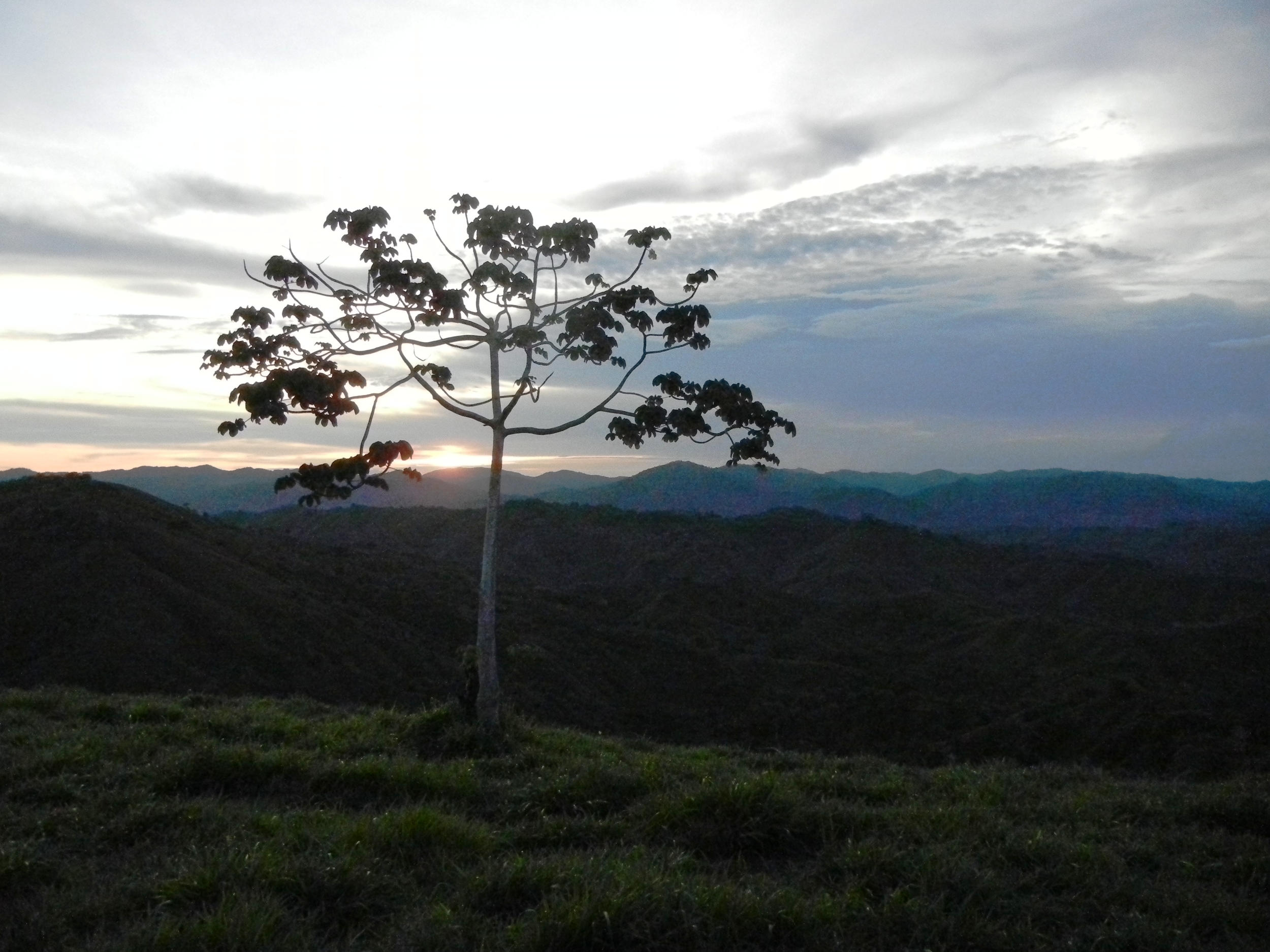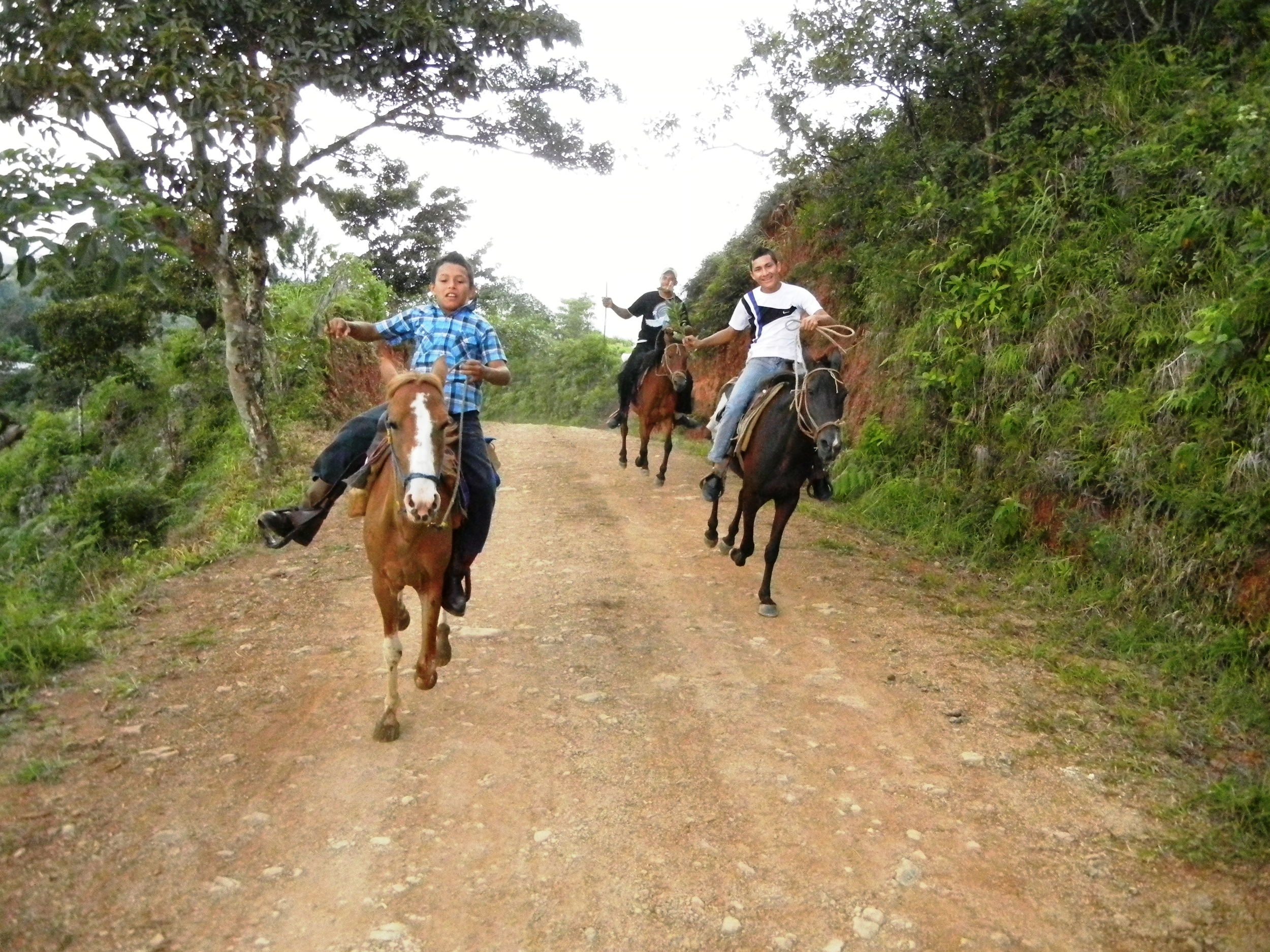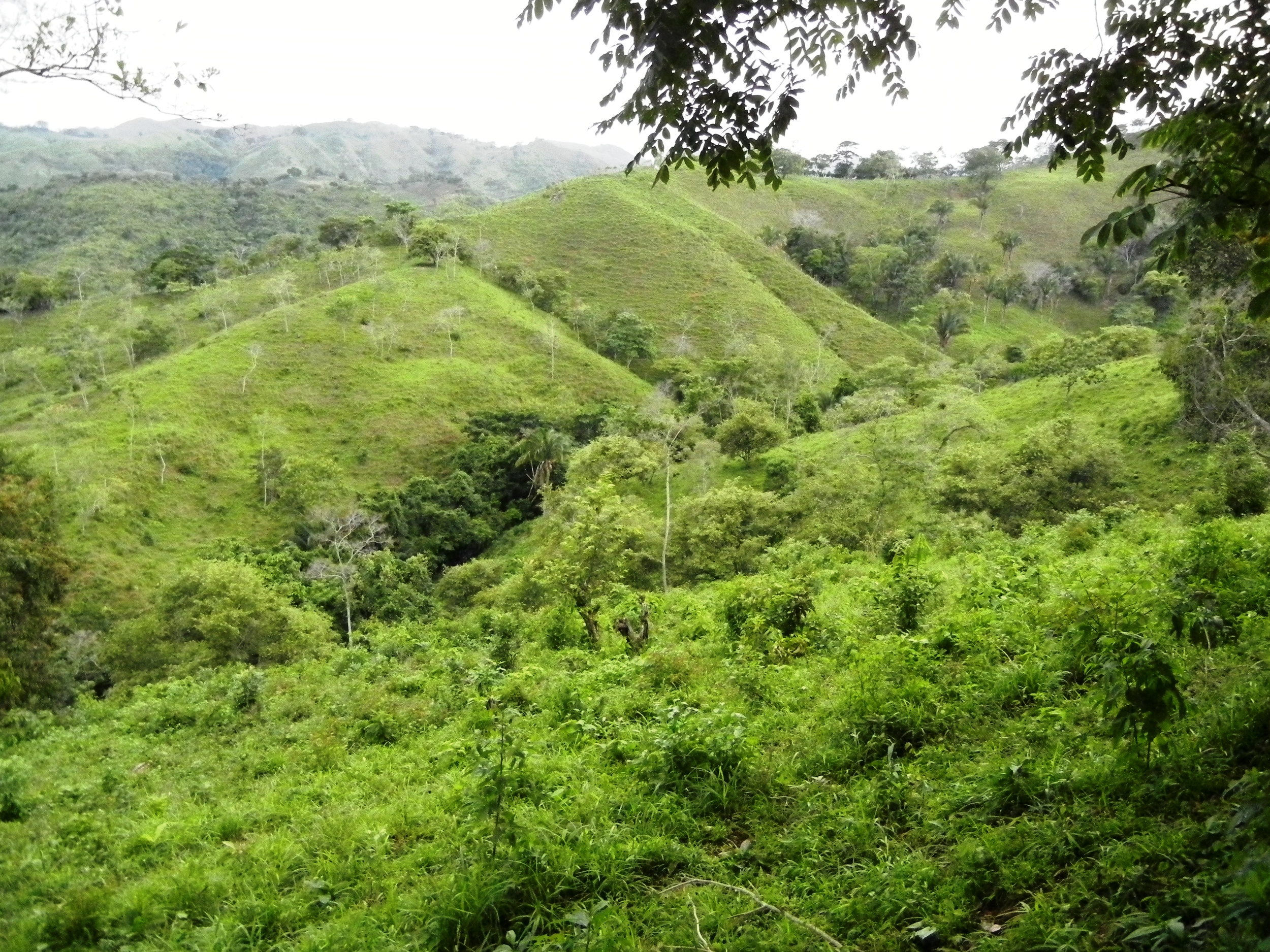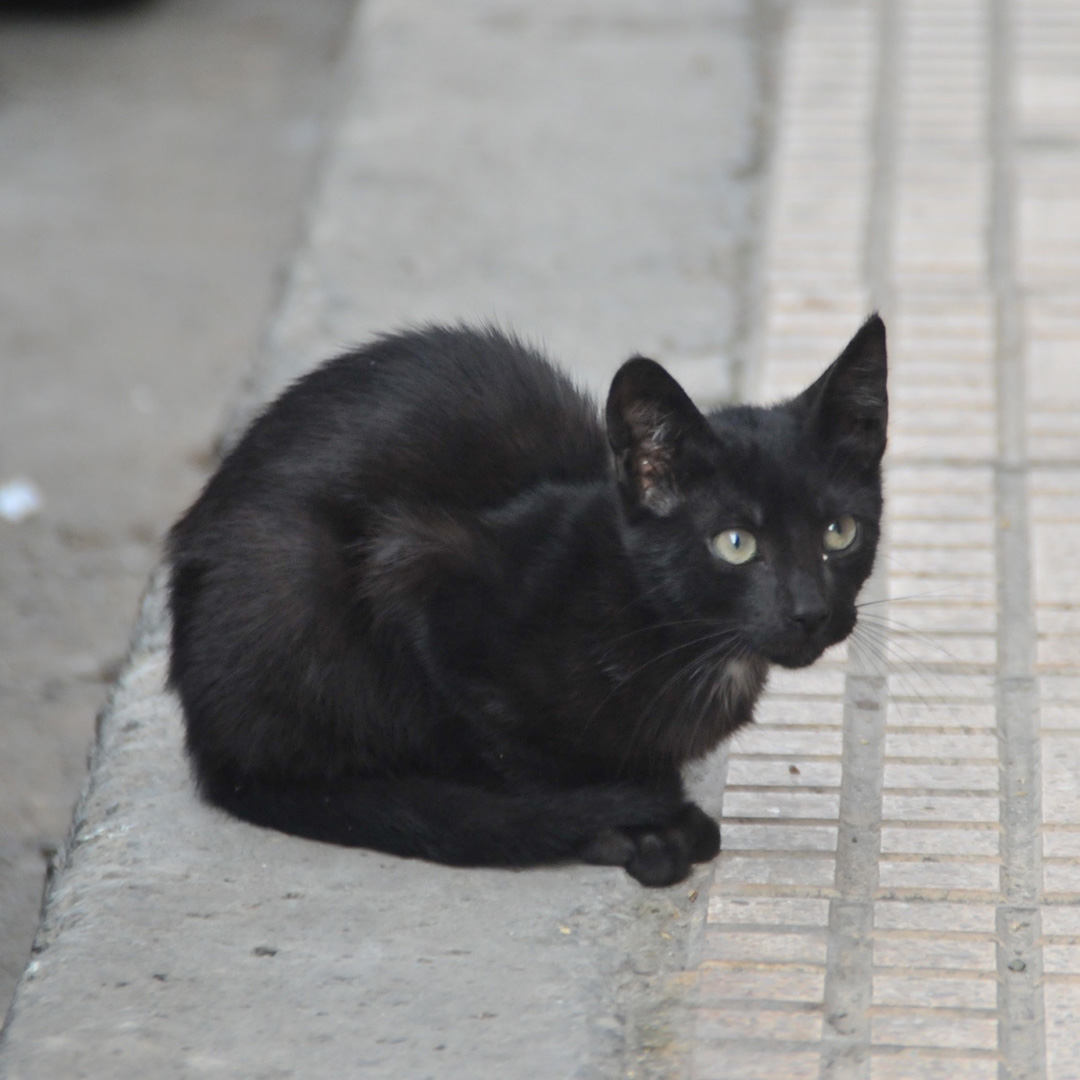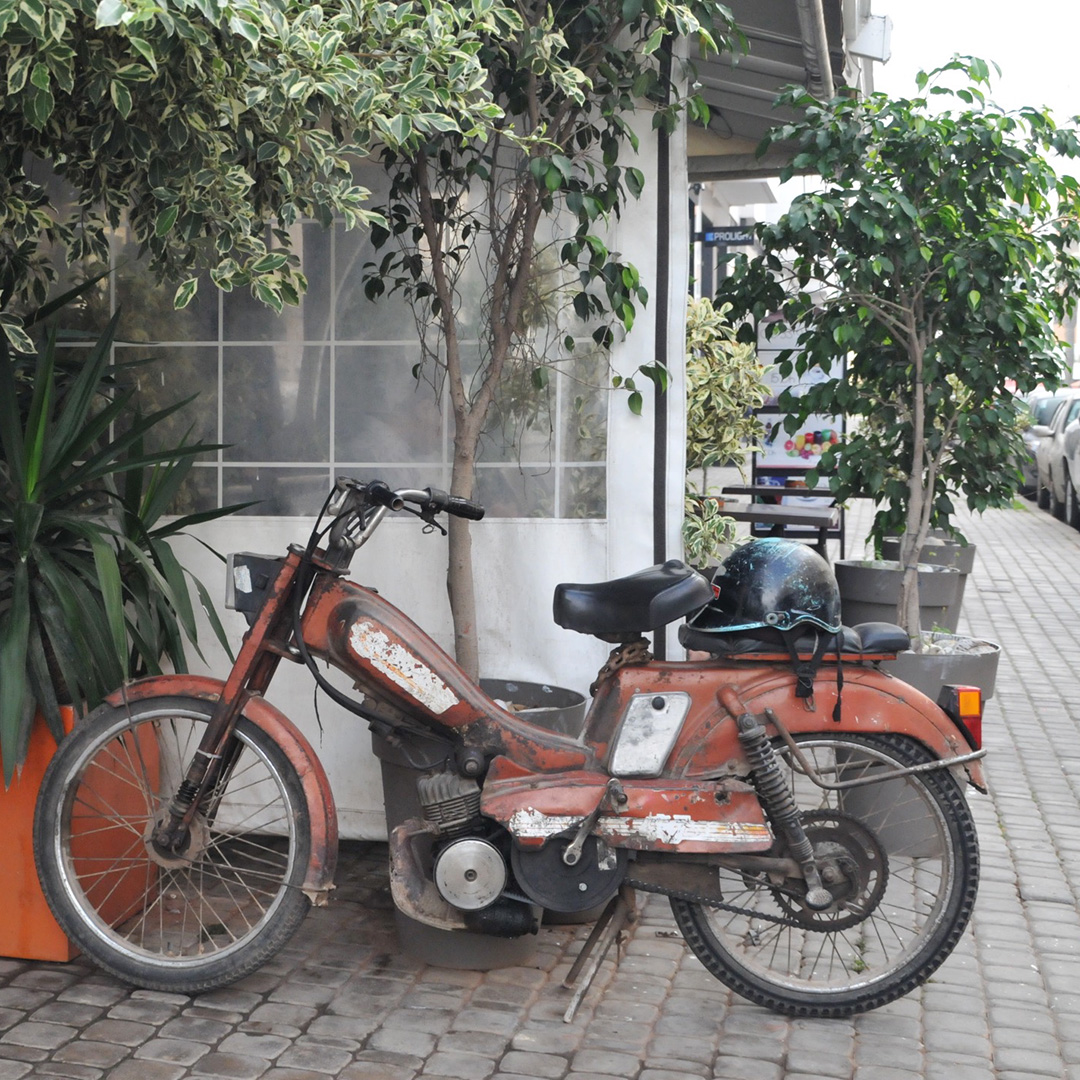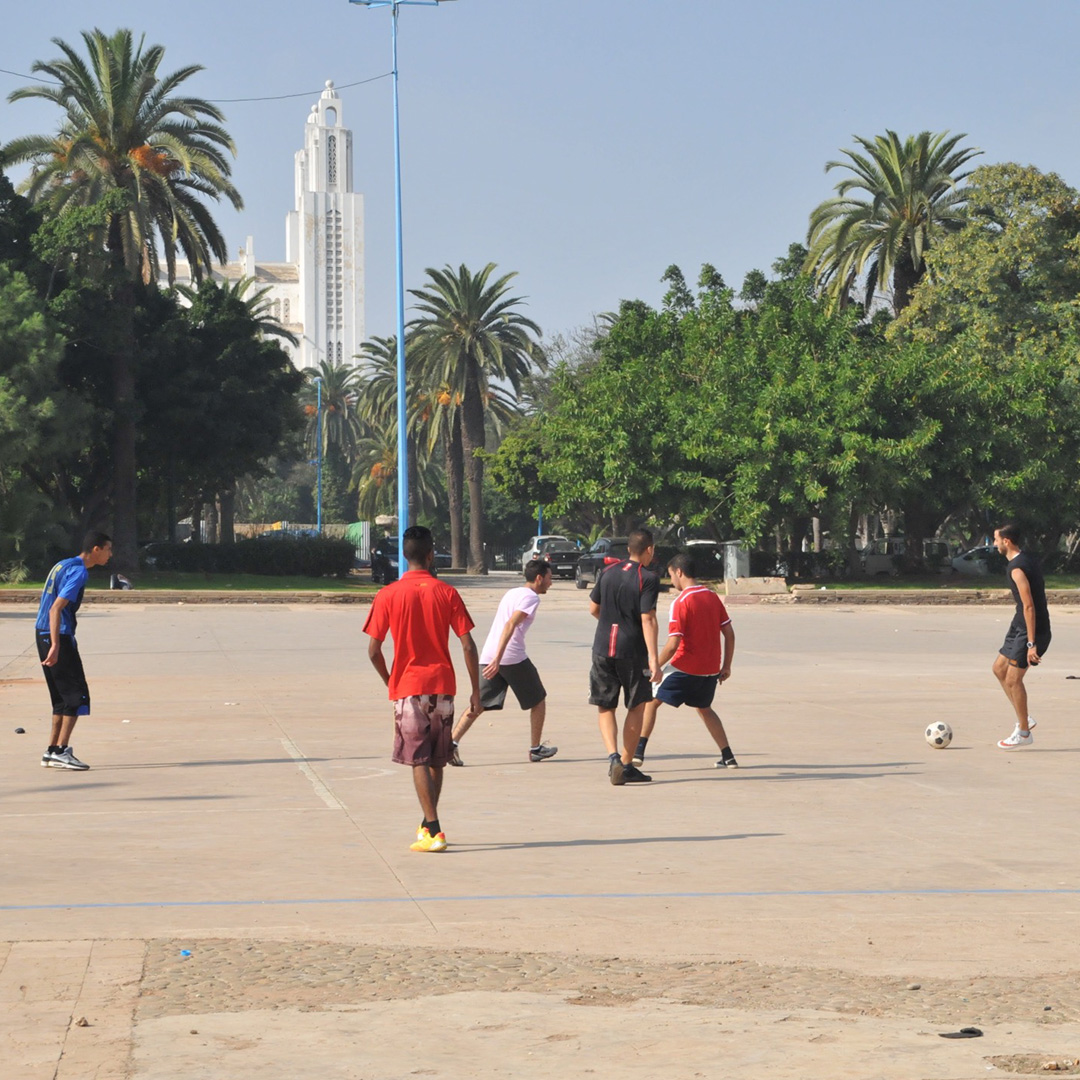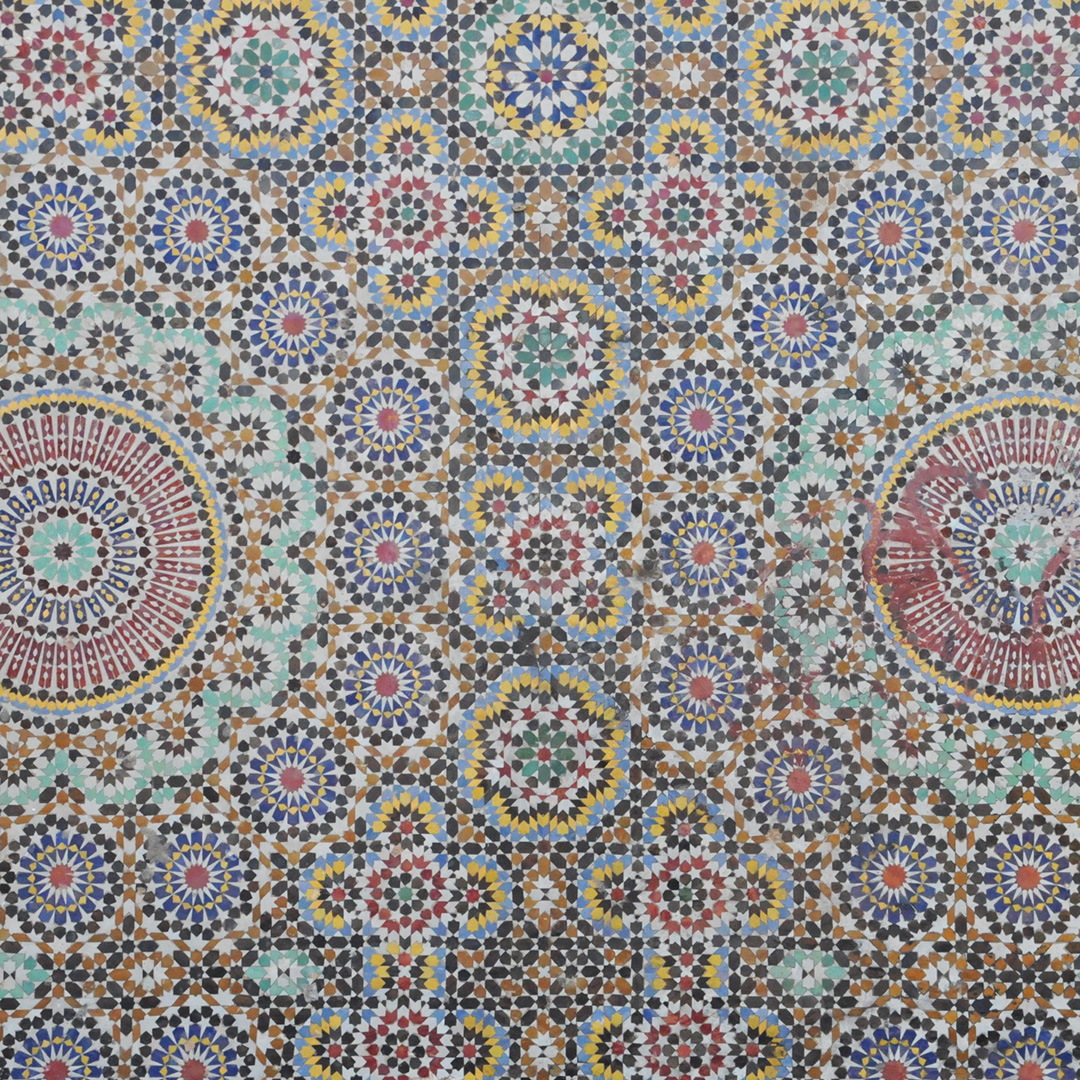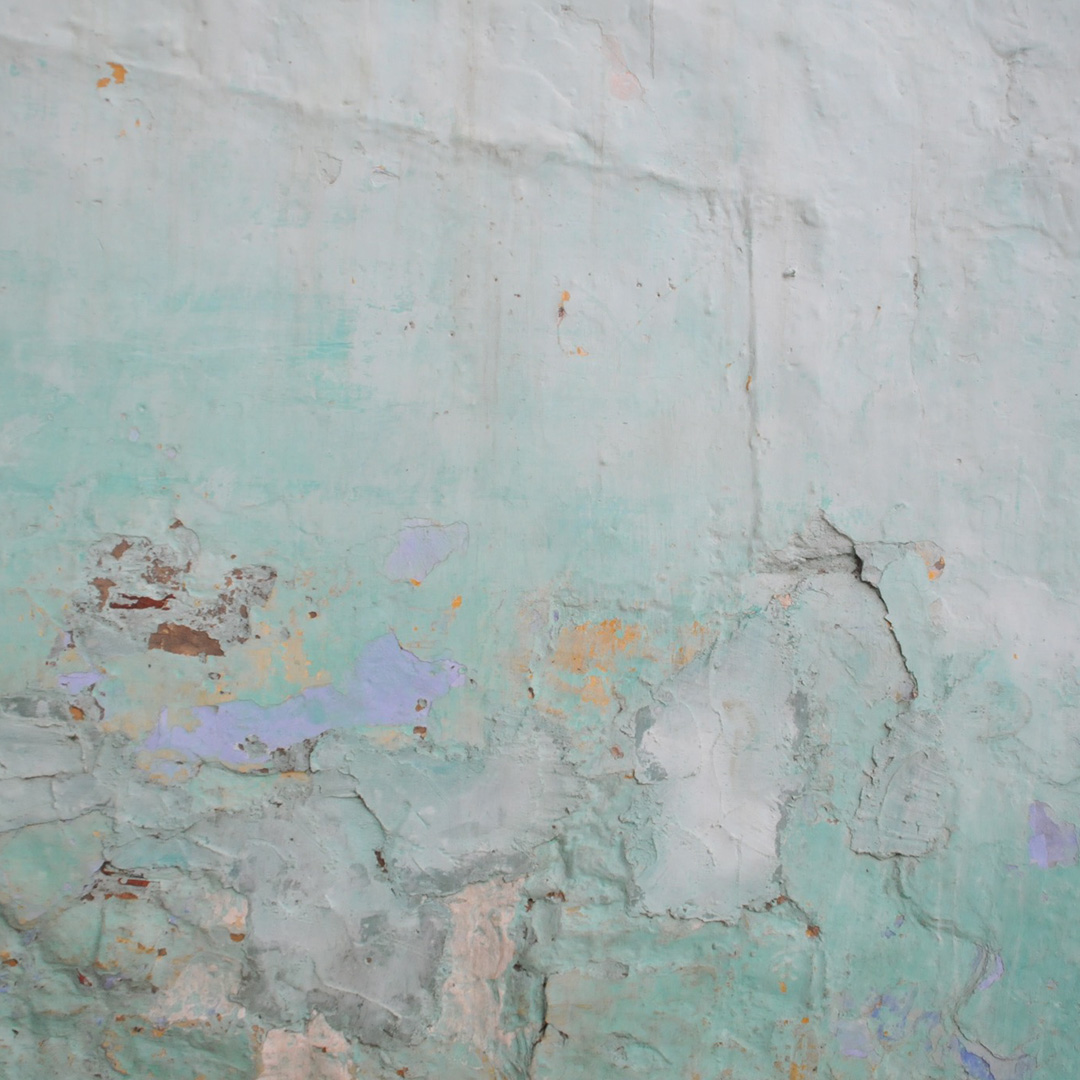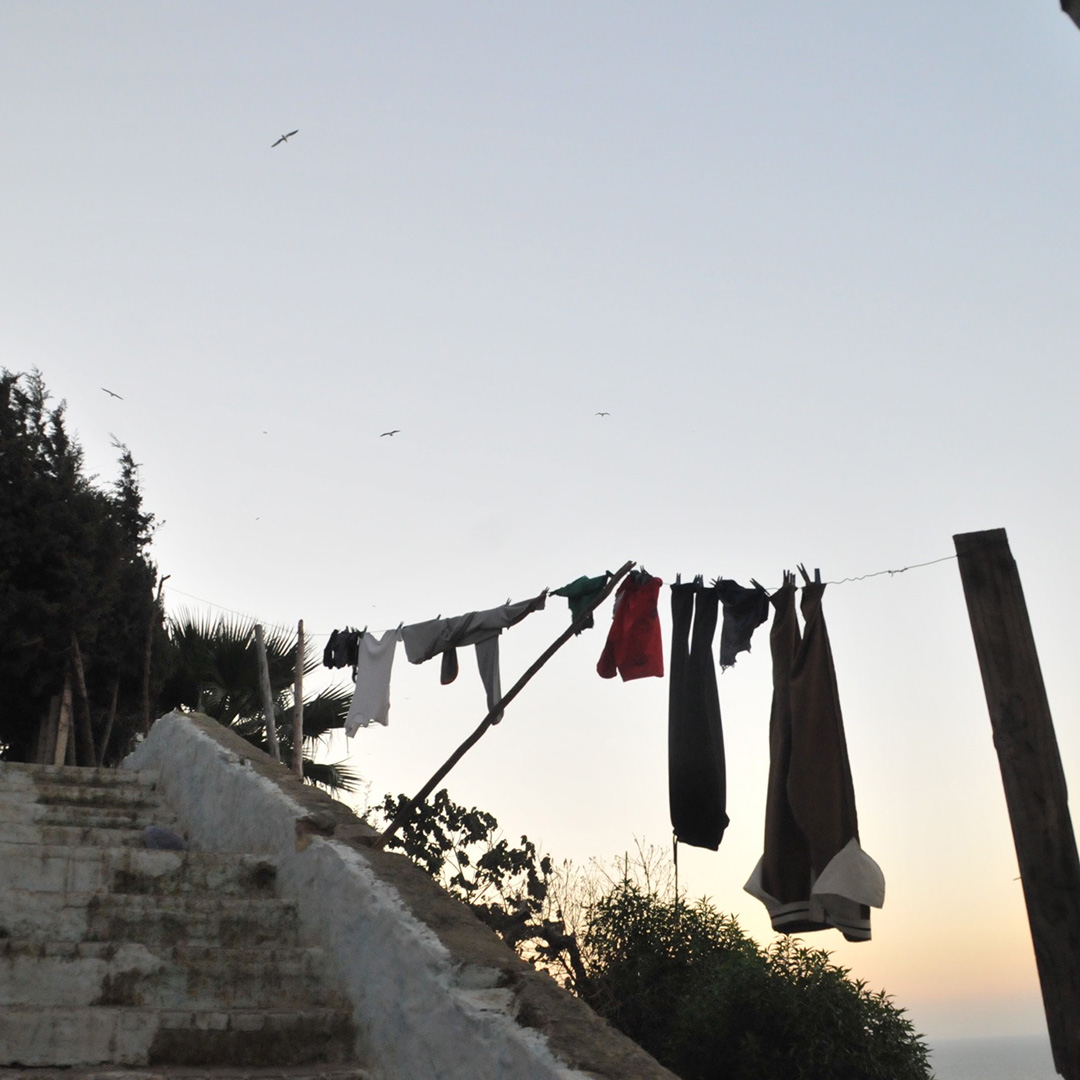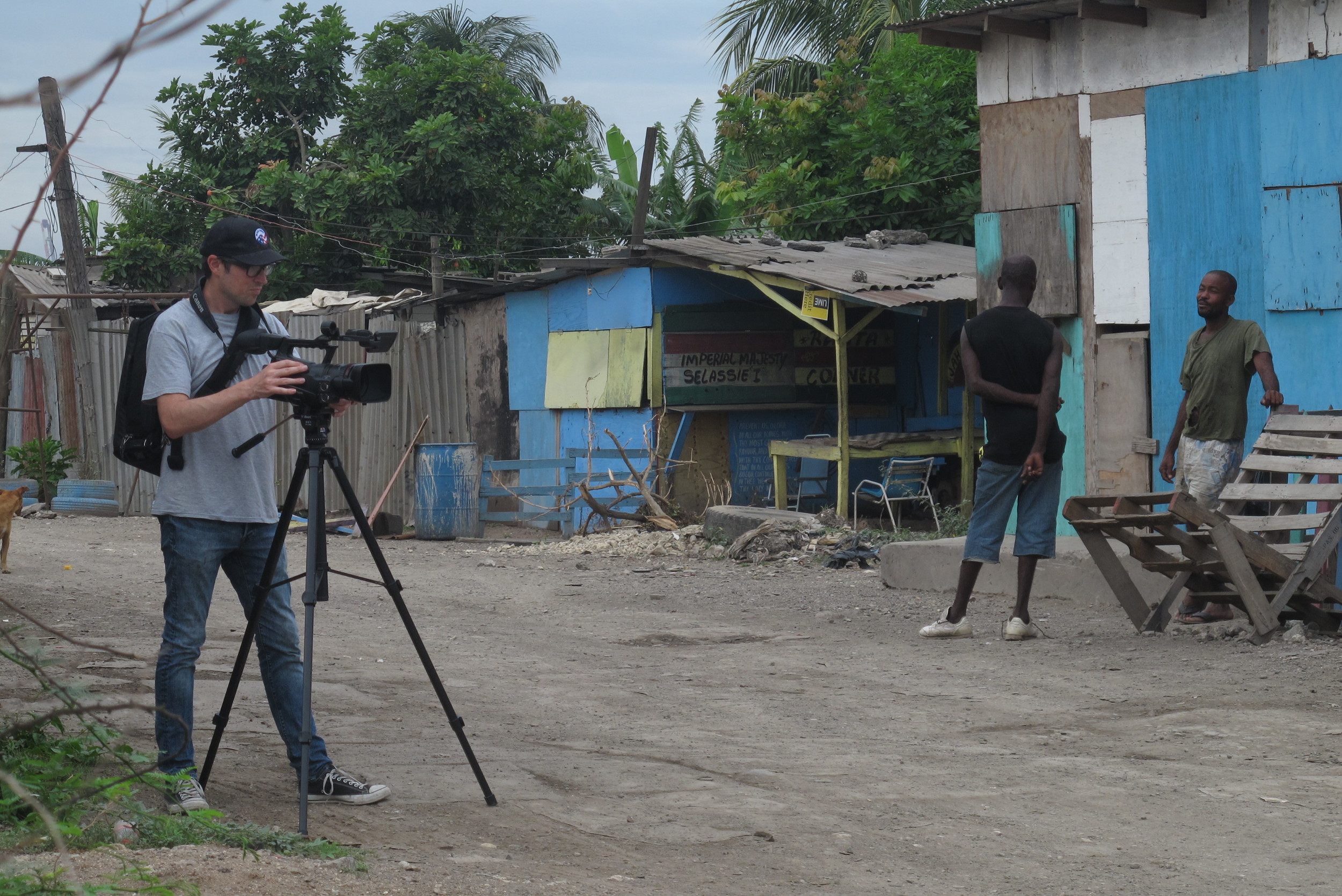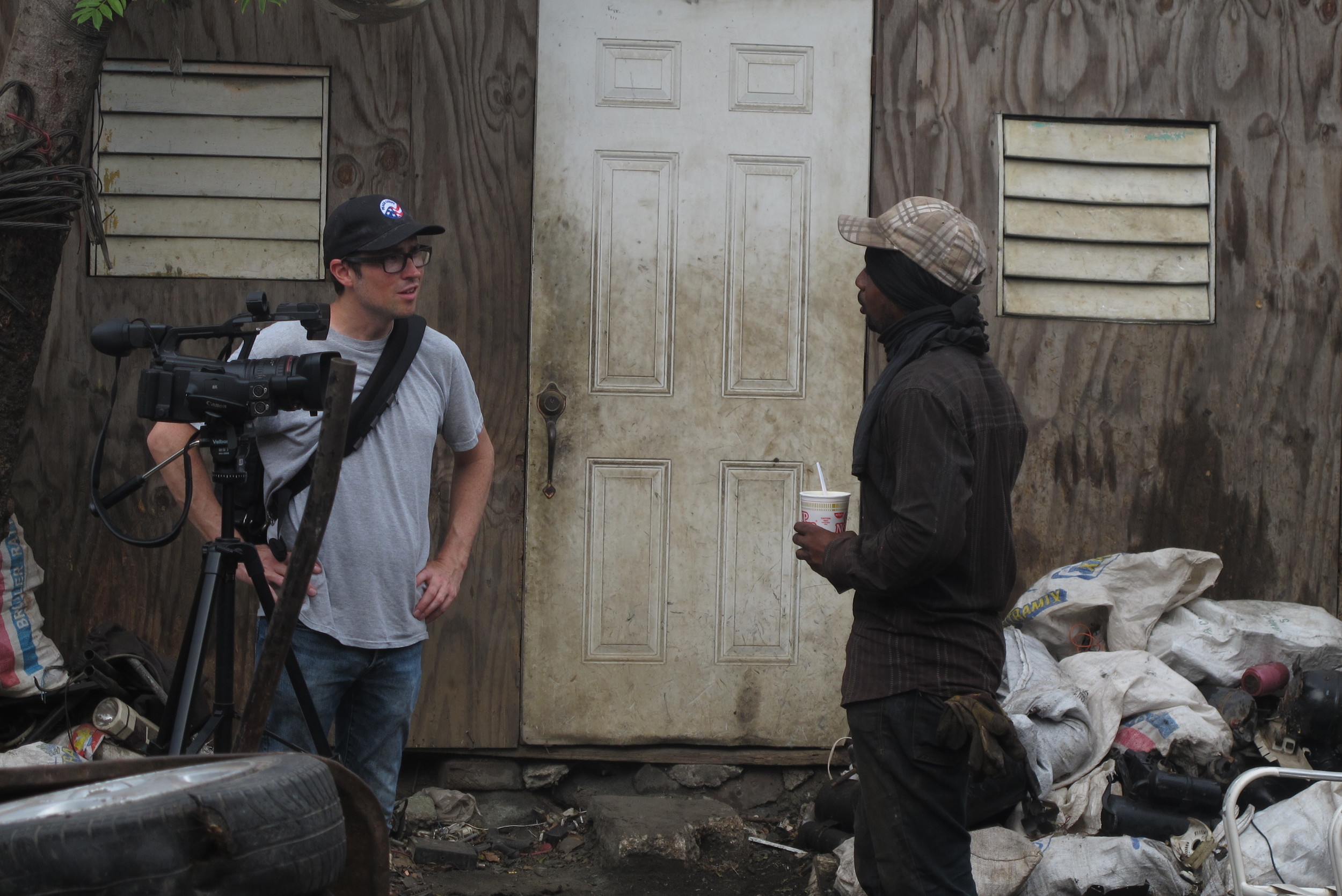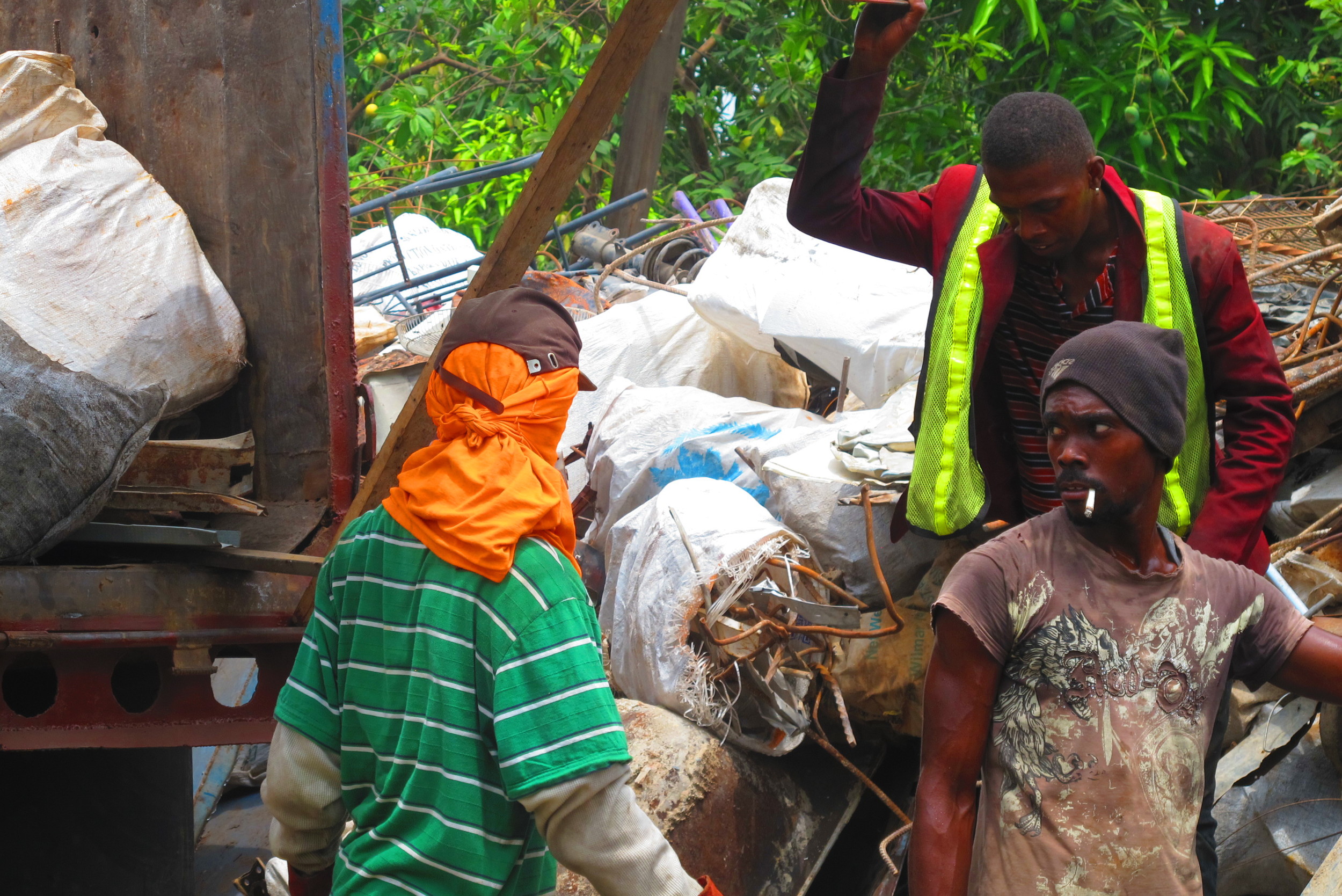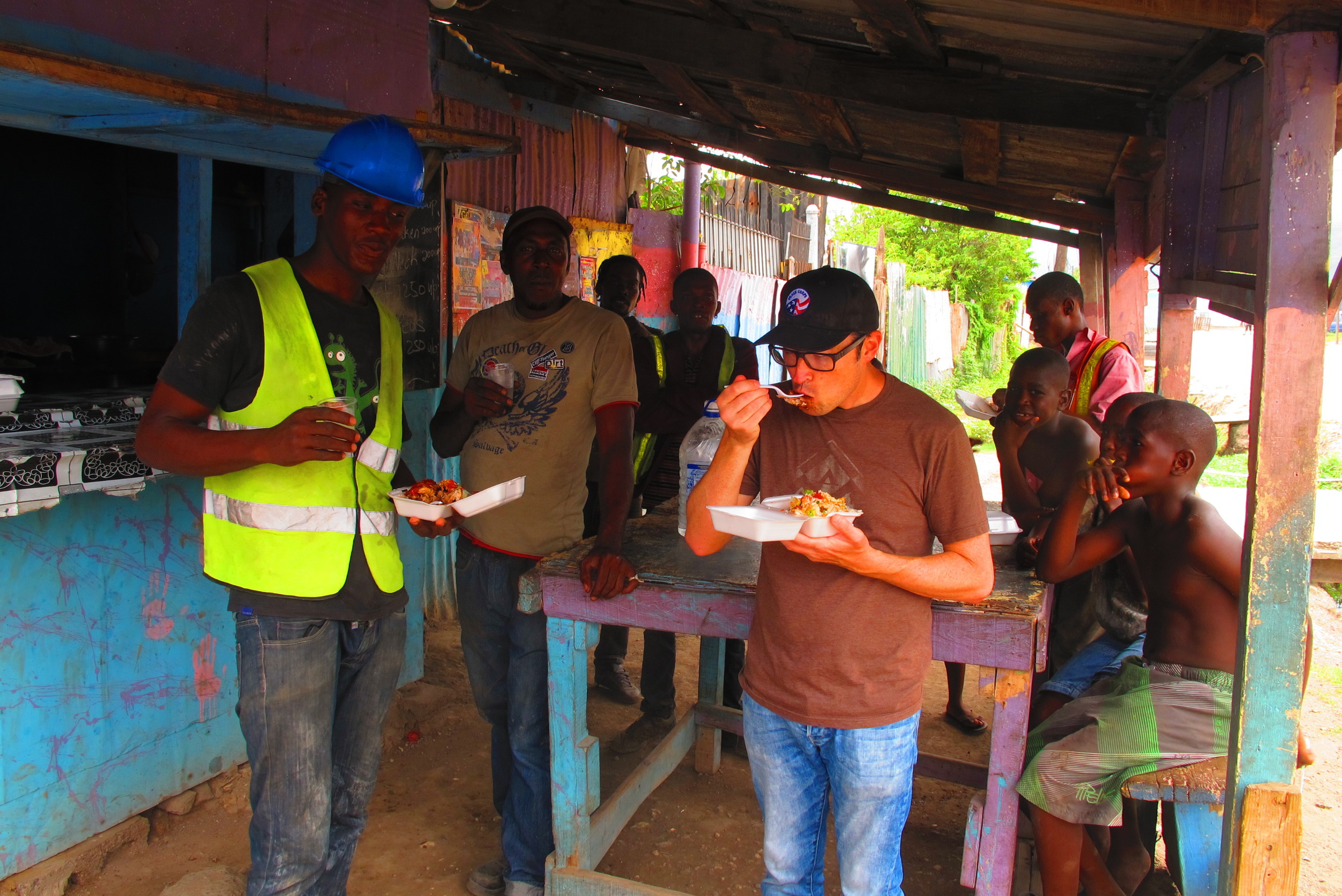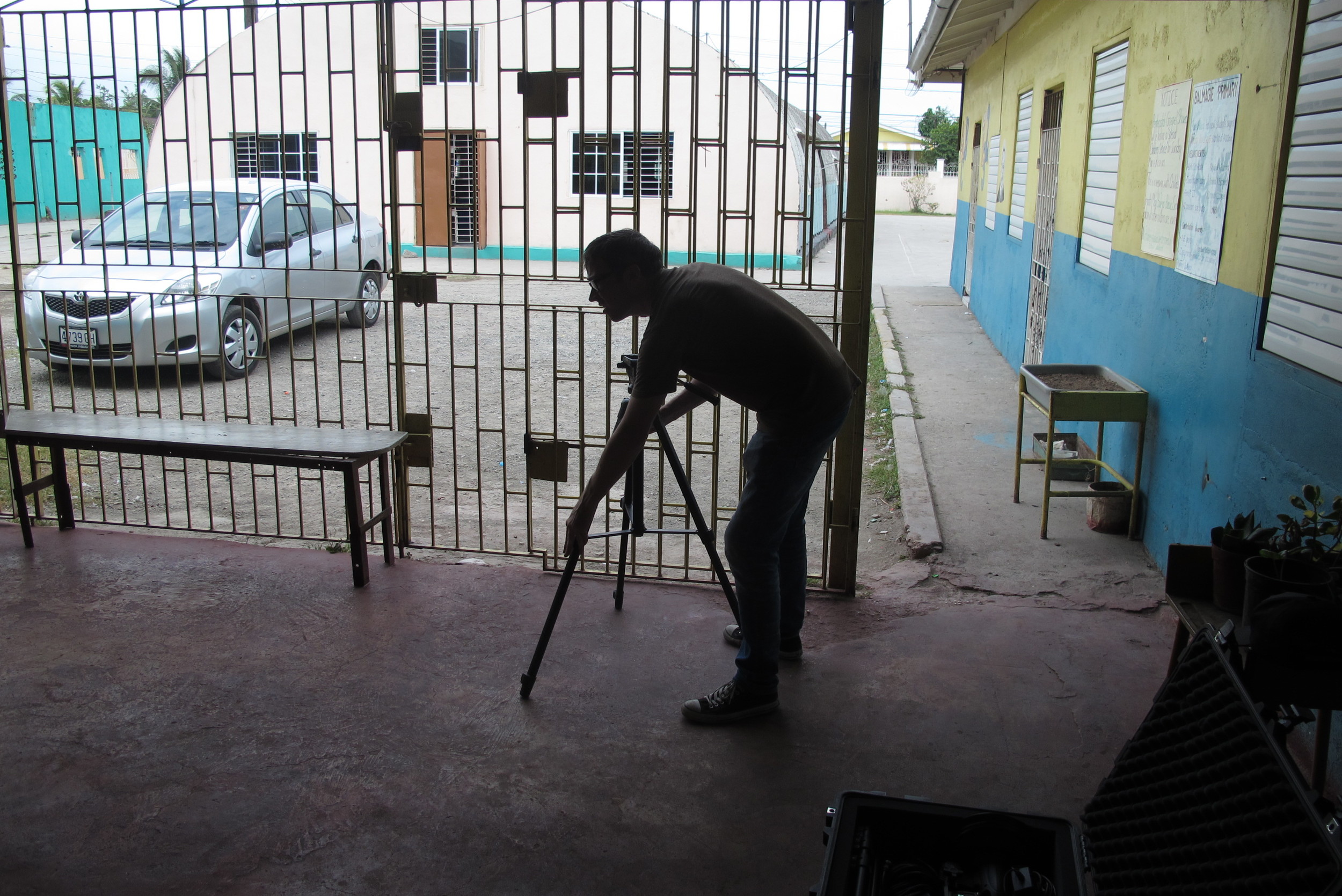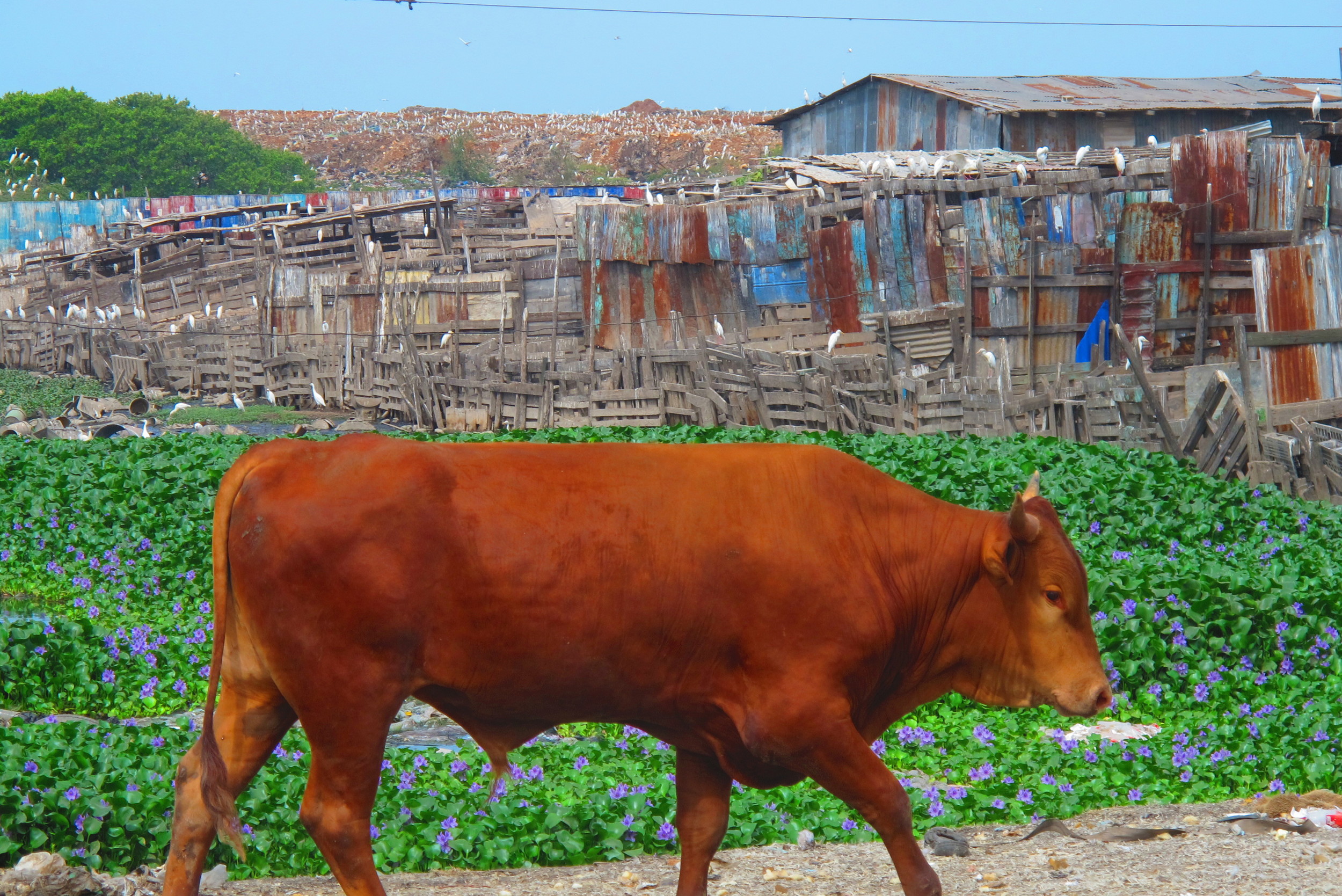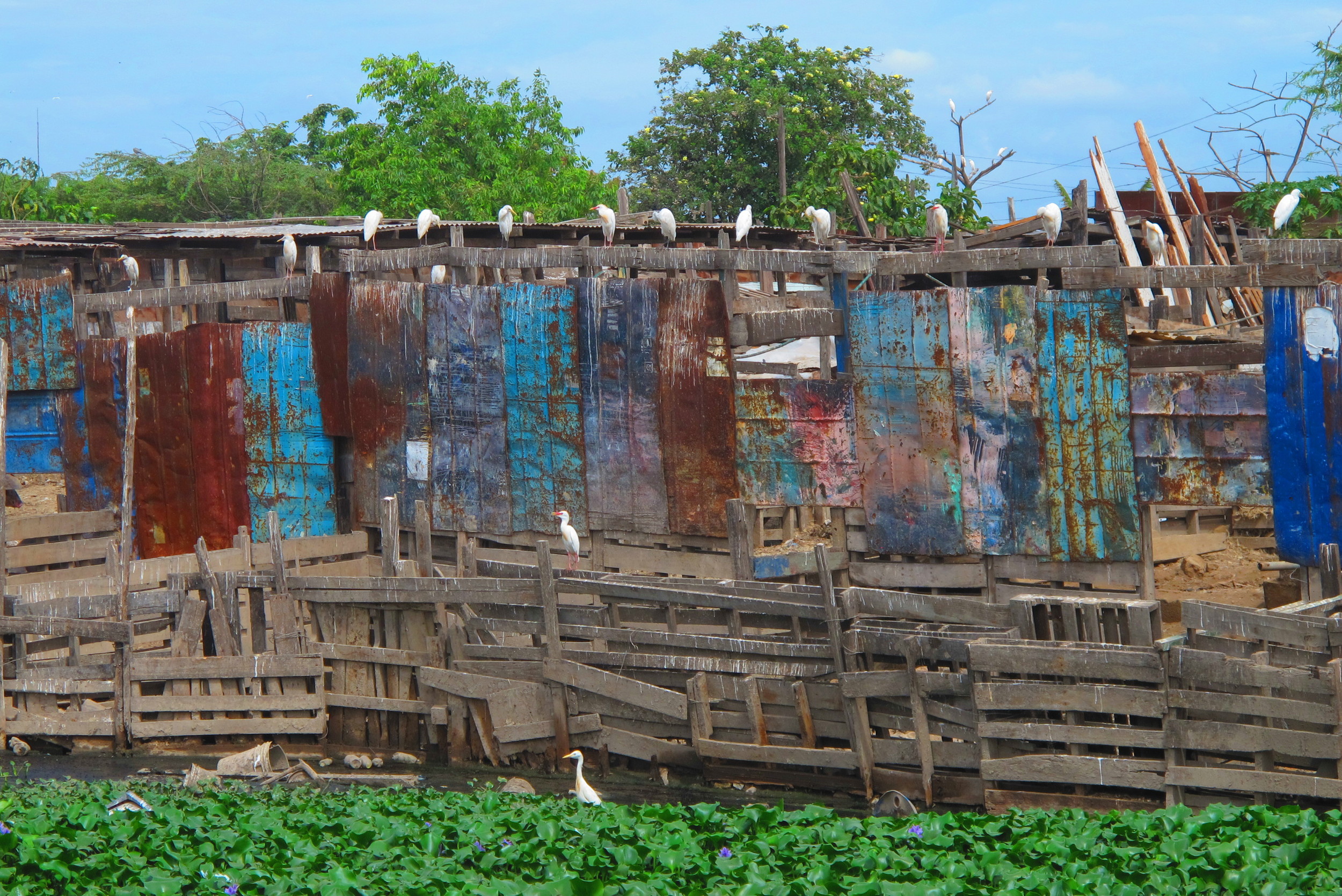At 1:00 PM on Wednesdays and Sundays in Panama, you'll find the majority of the country glued to their radios and televisions, lottery numbers in hand or memorized. They wait as the many white balls tumble around in the round metal cage, and pray for luck. The special guest of the day plucks a ball from the mix, and then an attendant opens it to reveal the first number, holding it up dramatically for all to see. After the number is posted on the board, there's a commercial break. Then a second number. Commercial break. This continues until four numbers have been chosen for first prize, four for second, and four for third.
Many Panamanians purchase tickets from the official Loteria Nacional de Beneficiencia, which translates to "National Lottery for Charity.” The money made by the National Lottery goes toward social programs such as free school lunches and academic scholarships. Alternatively, many Panamanians instead play chance (chahn-seh), an unofficial and technically illegal business in which individuals run their own small drawings using the National Lottery numbers. A chance vendor sells a certain quantity of each lottery number, jotting down buyers’ names in a small notebook, and must pay out prizes to anyone who wins. To be successful, on balance they must make more in sales than they pay out in winnings. Many Panamanians make a living selling lottery tickets – in rural areas vendors walk house to house, while in larger towns most gather on corners with their characteristic wooden stands and sell to passers-by.
Lottery vendor Euclides takes a break from his trek while Digi peruses the numbers.
A woman selling tickets in Chitré, a provincial capital.
In the area where I lived, the vast majority of people play the lottery -- even those who don’t really have adequate expendable income for it. In a place where $15 a day (i.e. about $1.90 an hour) is considered a good wage, people often spend upwards of $20 a week on lottery tickets. One of my very responsible, levelheaded friends, Leandro, who is in his fifties and whose only income-generating job is selling chance, was one of those people. During a session on personal finances at a leadership workshop we attended together, he was shocked to add up his lottery spending and find it totaled more than $1000 per year. I also noticed that people seemed to believe that they profited on balance, or at least broke even, when the reality of course is that nearly everyone comes out at a loss over time.
To an outsider, this can be positively baffling. Whenever someone told me, “No hay plata,” i.e. “I’m broke,” I joked that they should spend less money on the lottery. But I had to remind myself that entertainment has value -- and the Panamanians I knew certainly derived a lot of enjoyment from guessing which numbers would be drawn, discussing the lottery with friends, and waiting to see which locals would win on Wednesday and Sunday. It might be the most exciting thing that happened all week. And I eventually remembered that many people in the U.S. spend an even greater proportion of their income on entertainment.
Plus, for Panamanians, the lottery is absolutely not a random process -- there are subtle supernatural forces at play, and there are ways to predict which numbers will win. If someone you know appears in a dream, you should purchase the numbers that correspond to their birth-date. When someone asked me, “¿Cual es su fecha?” – literally “What is your date?” – I knew I'd made an appearance in a dream of theirs, and they wanted to buy my birth-date in the lottery.
My friend Yasmin considers #32 - my birth-date, March 2nd!
Early on in my time in Panama, a new lottery game came out. It was called Buko Millionario and ran every Saturday. For a dollar you could buy a card with 16 numbers arranged in a grid, and in order to win you had to match a certain quantity of your numbers with those drawn.
Two example Buko cards.
At first I thought, “Oh NO, not another lottery for people to waste their money on!” (I still think so, particularly because Buko Millionario was run by corrupt ex-President Ricardo Martinelli and no one ever seemed to win.) But I had a conversation one day that helped me see things a little differently.
I was walking a long way home from a birthday party with my fourteen-year-old friend Edilma, her mother, Zulai, and another young girl named Maria. It was a Friday and Zulai had purchased one Buko ticket for the next day. It started to rain, and I was the only one with an umbrella. They rushed to put the Buko ticket in my bag to keep it dry.
“Esto nos va a sacar de la pobreza,” said Zulai with a wry smile, “This is going to get us out of poverty.”
This gave me great pause. I was raised with the “pull yourself up by your bootstraps” narrative in the U.S., where the lottery is considered by many to be neither necessary nor particularly respectable because you can supposedly better your socioeconomic status through hard work. Not that I’ve had to do so, having grown up upper-middle class, but I was raised on my parents’ stories: after childhoods of instability and food stamps, they put themselves through college and went on to earn substantial and stable salaries for many years, eventually allowing them the nice suburban house and yearly family vacations with which I grew up. Thus the myth of the American Dream is reinforced, for those with the unacknowledged privilege that allows them to access it.
In Panama, the door of socioeconomic advancement has just begun to open, thanks in part to low-cost universities, abundant scholarships at all school levels, and family planning. Leandro and his four siblings couldn't continue school past sixth grade, but his two children made it all the way through college and have decently-paying jobs in the provincial capital, where they live. However, this is still a fairly recent development and not accessible to everyone. Many continue to scrape by, raising a family on the $8-15 per day standard for manual agricultural labor (up to $50/day if you’re applying toxic agrochemicals). Twenty years ago, $5/day was an excellent wage.
Zulai and family, dressed in their best for a school event.
Zulai, now in her late thirties, had her first child at age 18. Her husband works nearly every day of the week, even the Sundays that most hold sacrosanct, usually running a chainsaw. At his pay rate and with four children in school, there’s no money left over for savings. Until her kids are working (the three oldest are in high school, two on track to college), the only hope she sees for economic advancement is the lottery.
I also wonder about the effects of living through the Torrijos and Noriega dictatorships, times in which opportunities were hardly merit-based – the money and opportunities went to the dictators’ family, friends, and political cronies. And in eras of authoritarian rule, benefits and consequences do not necessarily follow logically or proportionally from action. Maybe better to keep one’s head down than try to advance. One can perhaps understand the appeal of the lottery in such a situation.
Even now, Panama’s “democratic” government is still quite corrupt, giving preference to the wealthy and doling out opportunities to family and friends of politicians. If you’re signed up with a political party that doesn't win the election, you have to wait another five years for a chance at a government job. So much still feels out of people’s hands.
As I walked with Zulai, Edilma, and Maria in a stretch of silence, I decided to pose the classic question: If you won the lottery, what would you do with the money?
I answered first, to break the ice. “Si yo ganara Buko Millionario, I would travel all around South America. Then I’d use some of the money to rent an apartment wherever I end up living in the States. I’d give presents to my parents. And before all that, I’d take our youth group on trips all over Panama.”
I expected Zulai to say that if she won, she’d move to one of the bigger towns in the region, buy a nice, large house and a car, and maybe even take a trip to the U.S. I was wrong.
“I’m not moving out of my house until they take me to the cemetery to bury me,” she said, “I’d fix it up: finish the walls, give each of my kids their own room, put in glass windows and ceramic tiles … there’s so much I want to do with the house. I’d put in a dishwasher. I’d pay for my oldest daughter to stay in the dorms at her high school. I don’t want a car. I don’t need one. I’d use it all on the house.”
I walked for a minute in silence, mulling over her response. Then I turned to thirteen-year-old Maria, sure she’d have something a little wilder in her lottery dreams. “I’d buy everything we need for the house,” she said, and proceeded to list off items like a stove, refrigerator, and dishwasher – she lived with her single father and two younger sisters, and for several years now had been doing all of the cooking and cleaning for the family. I'd seen the way men looked at her already-maturing body, and I worried she’d get pregnant before she could finish school. Even I found myself forgetting she was so young, thinking instead that she was sixteen or so and feeling startled every time I saw her in the 6th grade classroom.
Maria paused at the end of her list of household goods and glanced at me with a shy smile. “And I’d go visit California with you, Lauren.”
Maria.
Story and photos by Lauren Schwartzman. Lauren is an award-winning documentary filmmaker. She produced and directed the short documentary The Urban Forest. She is also a producer for the Posh Corps Podcast.



